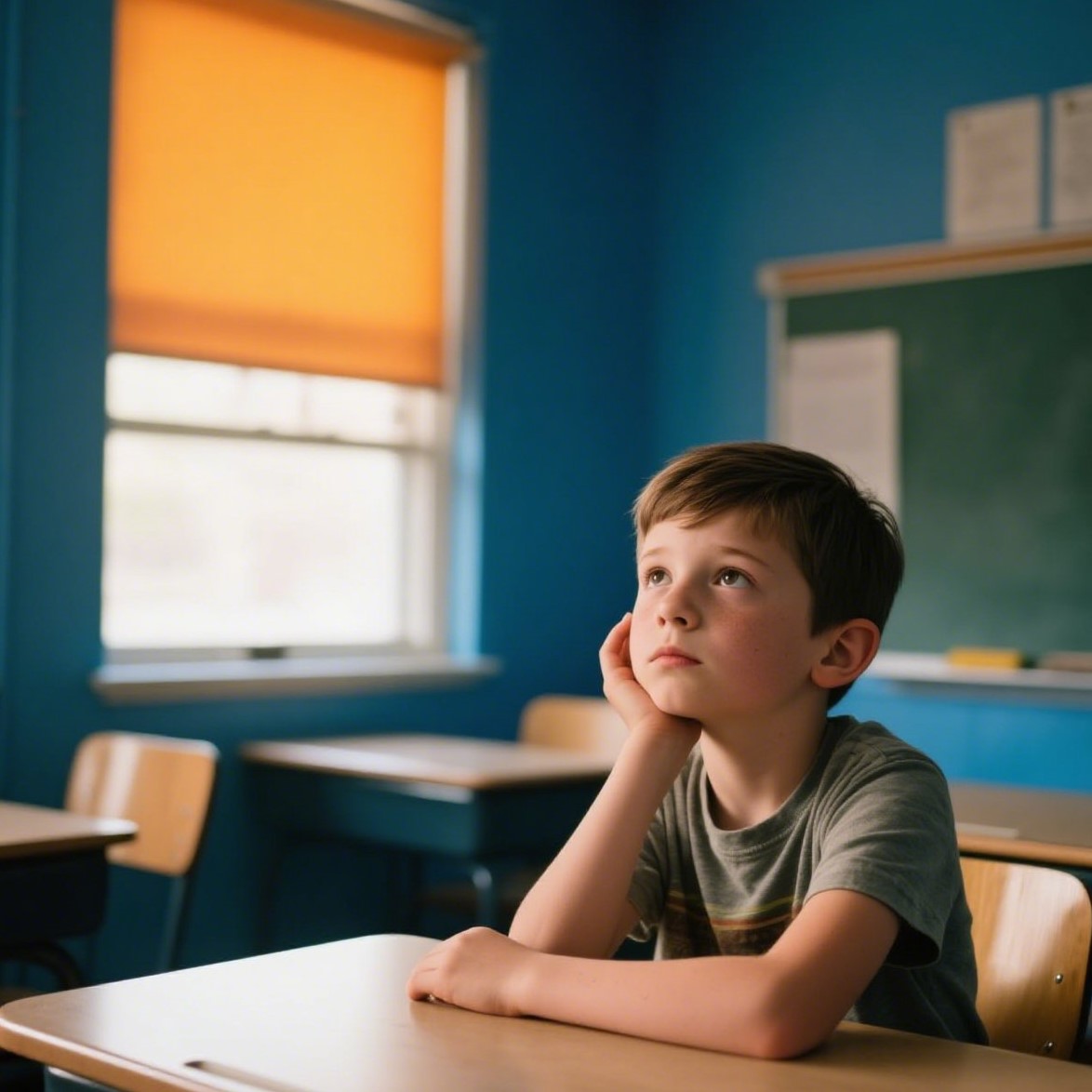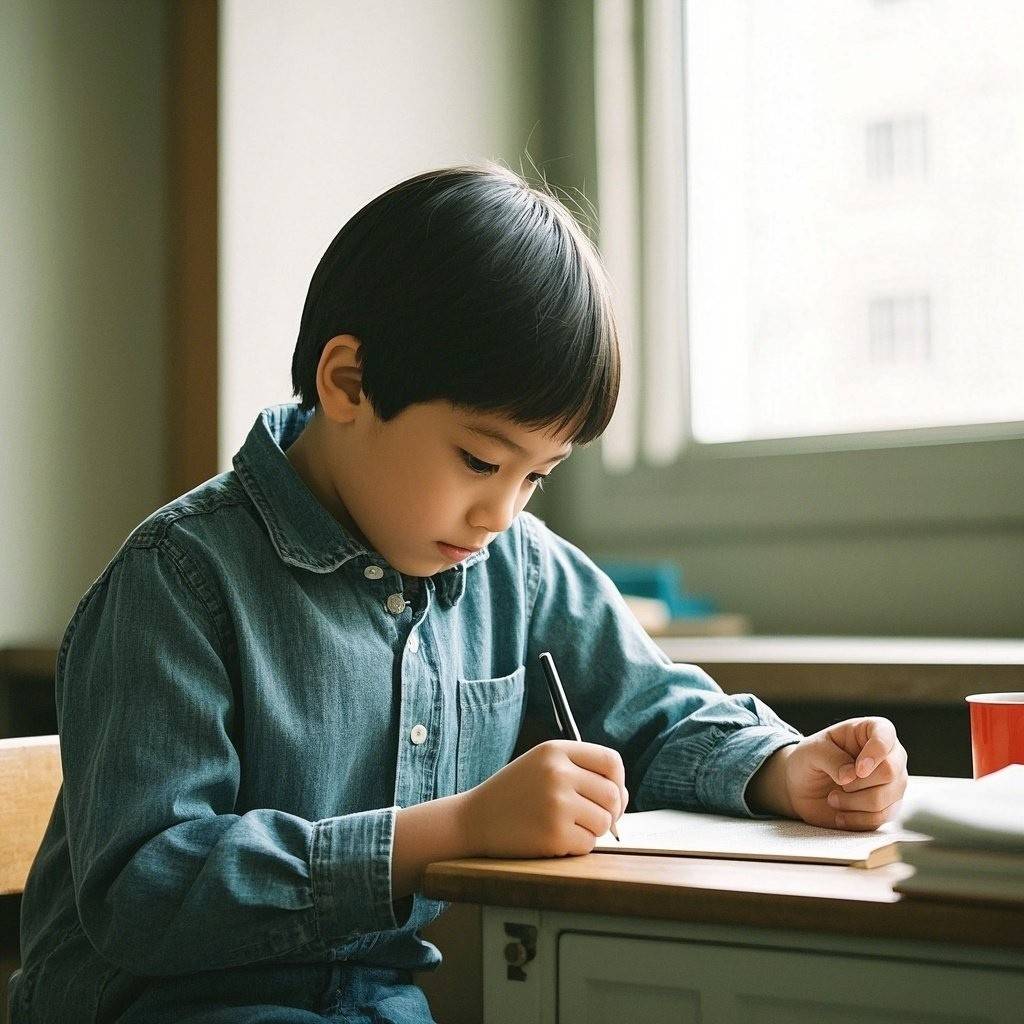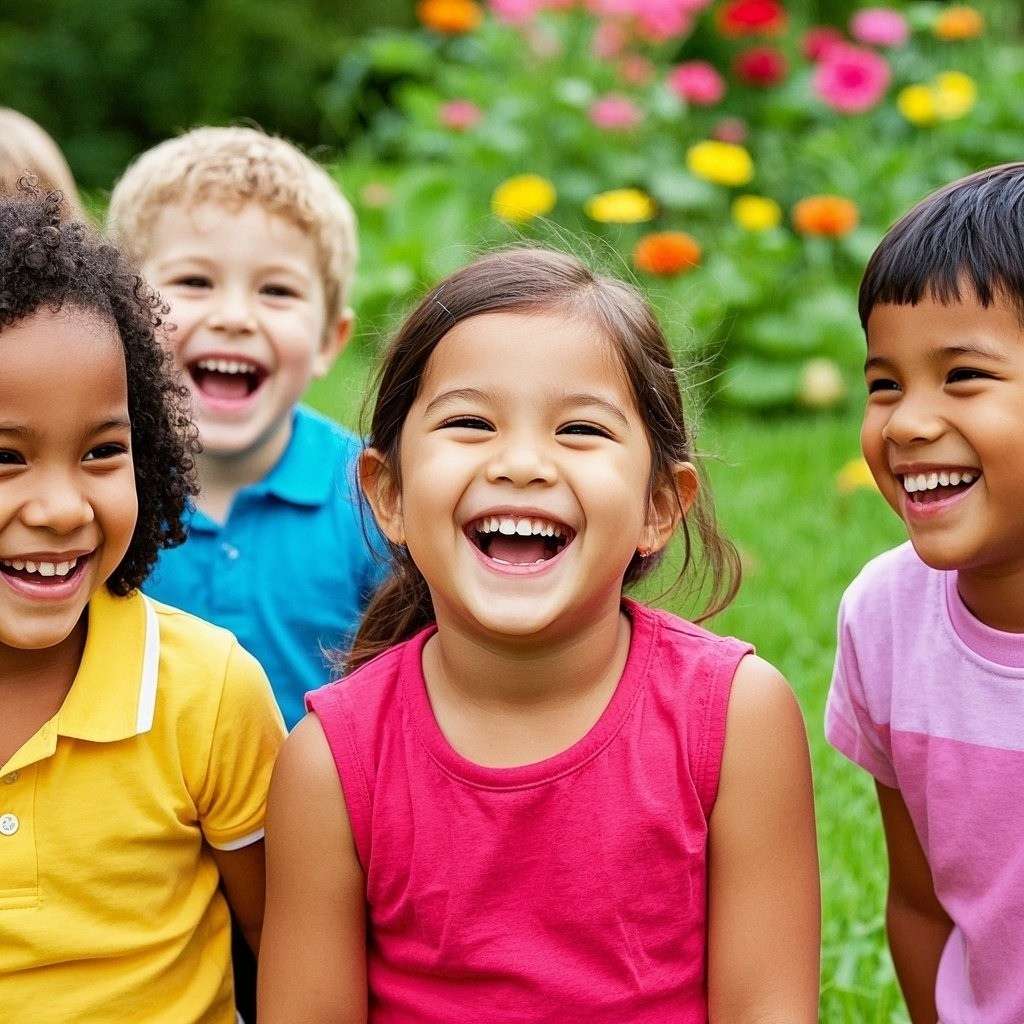If you’ve ever lived with, taught, or simply been around a 12-year-old, you’ve probably witnessed it: the eye rolls, the dramatic sighs, the sudden silence after a joke they laughed at yesterday. One minute they’re sweet and thoughtful, the next they’re stomping off because you asked how their day went.
So what’s the deal?
Why are 12-year-olds so moody?
The short answer? Because they’re growing in every possible way—physically, emotionally, mentally, and socially.
The long answer? Well, let’s break it down.
1. Hormones: The Internal Roller Coaster

Let’s start with the obvious: puberty. Around age 12, hormones like estrogen and testosterone kick into high gear. These chemical messengers don’t just shape bodies—they stir up moods like a blender with no lid.
What does this feel like to a 12-year-old?
It’s as if they’re passengers in their own brain, watching it flip from joy to rage to sadness… in five minutes.
They’re not being dramatic on purpose. Their body is rewriting its entire script—and sometimes the emotions get a little loud.
2. Identity in Progress
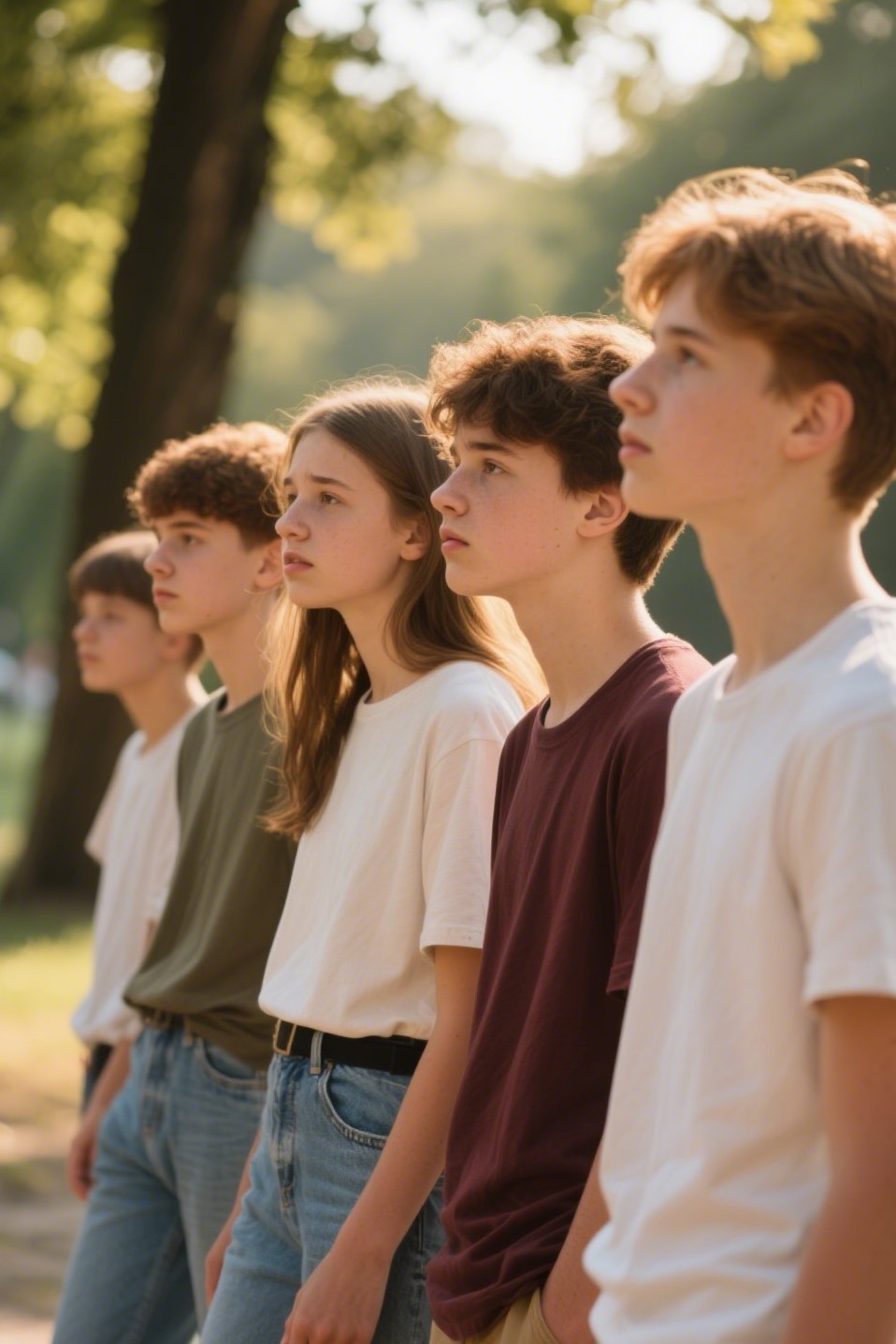
Twelve is the beginning of the Who am I? phase. They’re not little kids anymore, but they’re not teens either. They’re stuck in the middle—a confusing in-between world of wanting freedom but craving security.
They’re testing boundaries, values, and voices.
They’re trying on different “selves” like costumes.
And when they feel misunderstood (which is often), they may retreat, snap, or roll their eyes—not out of rudeness, but out of uncertainty.
3. Brains Under Construction
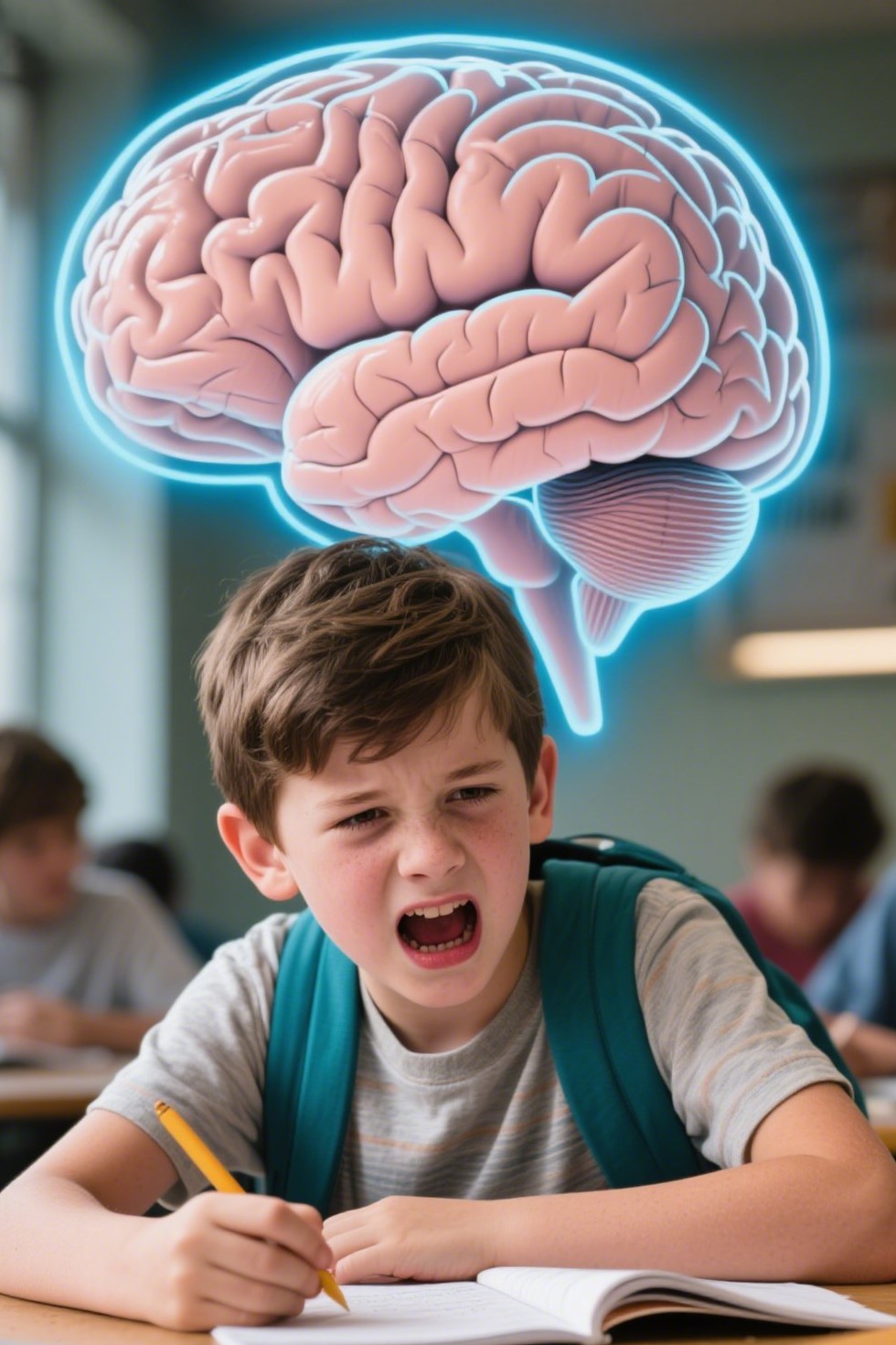
Did you know the prefrontal cortex—the part of the brain responsible for decision-making, impulse control, and logic—is still under construction during this age?
So when your 12-year-old lashes out, forgets their homework, or says something surprisingly intense, it’s not because they’re reckless. Their emotional brain (amygdala) is firing faster than their thinking brain can catch up.
Imagine being full of feelings… but not yet having the tools to manage them. That’s life at 12.
4. Peer Pressure and Social Shifts

Around this age, friendships become everything. Who they sit with, who texts them back, who likes their TikTok—these things feel massive. A small social glitch can trigger a big emotional meltdown.
Add in body changes, insecurity, and the constant comparison from social media, and it’s no surprise they sometimes walk around in a storm cloud of feelings.
5. Still a Kid, But Not Quite
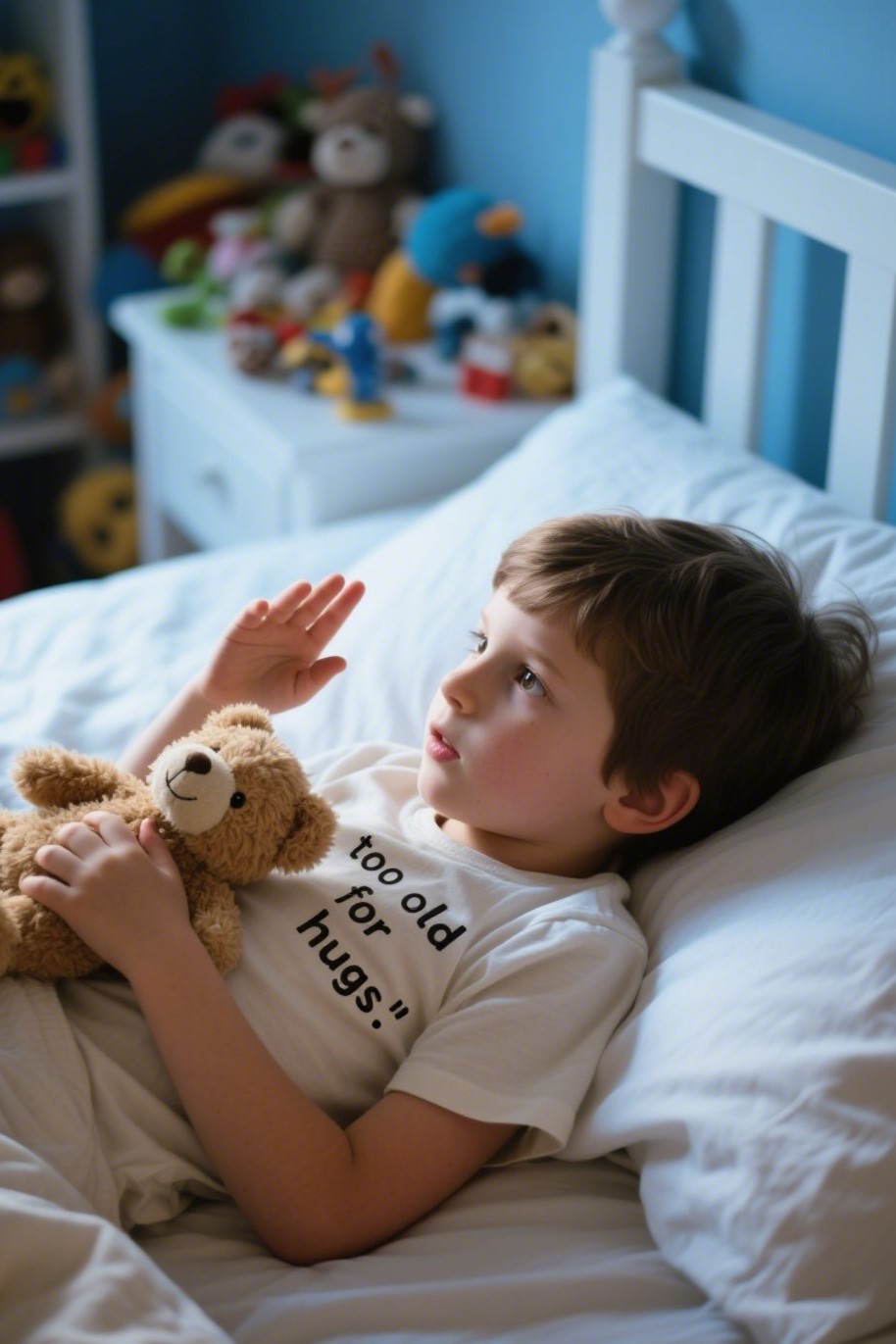
Here’s the kicker: they still want to be little. They might snuggle with a stuffed toy one night and declare themselves “too old for hugs” the next. It’s confusing for them—and for you.
Their moodiness isn’t a sign they’re broken.
It’s a sign they’re becoming.
Final Thoughts: The Art of Weathering the Mood Storm
Twelve-year-olds are like emotional weather. Sunny skies one moment, thunder the next. But like all weather, it passes.
What they need most is patience, understanding, and consistency. Don’t take the mood swings personally. Offer support without smothering. Hold the line gently when they push against it.
Because behind that moody sigh is a child growing wings—awkwardly, beautifully, and bravely.
So if you ask why 12-year-olds are moody, just remember:
They’re not lost. They’re just learning to fly. 🌀🦋

